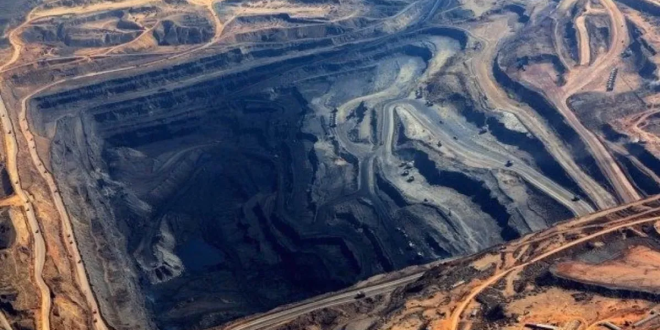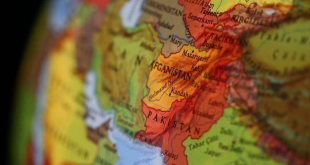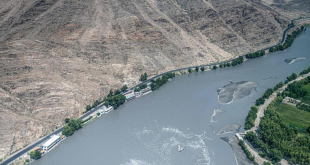KABUL — Saudi investors are setting their sights on Afghanistan’s vast mineral and energy resources, signaling a potential shift in Riyadh’s engagement with the Taliban regime amid mounting global competition for access to the country’s untapped wealth.
Afghanistan, long known for its immense but underdeveloped reserves of gold, copper, oil, gas, and precious stones, has seen renewed investor interest since the Taliban’s return to power in 2021. The group, eager to ease sanctions and secure new revenue streams, has turned resource extraction into a cornerstone of its economic policy — and Saudi Arabia now appears ready to join the race dominated so far by China.
According to the Taliban’s Ministry of Mines and Petroleum, several Saudi companies have expressed interest in Afghanistan’s oil and gas sectors, as well as in expanding the Turkmenistan–Afghanistan–Pakistan–India (TAPI) pipeline. Hidayatullah Badri, the Taliban’s minister of mines, recently met Shahr Al-Taqi, CEO of Saudi Arabia’s Delta International Company, to discuss exploration and infrastructure investment. Both sides signed a memorandum of understanding to continue technical cooperation.
In a separate meeting, Taliban Deputy Prime Minister Abdul Ghani Baradar and Al-Taqi discussed joint ventures in oil and gas development. Baradar’s office said Delta International would share technical expertise and explore “extraction and pipeline development” projects in Afghanistan. Notably, former U.S. envoy Zalmay Khalilzad, who once led Washington’s negotiations with the Taliban, attended one of the meetings, though his role remains unclear.
The prospective Saudi investments could mark Riyadh’s most significant economic engagement with the Taliban since their return to power. While Saudi Arabia has provided humanitarian aid through the King Salman Relief Center, it has yet to formally recognize the Taliban government. Its cautious approach reflects memories of the 1990s, when relations soured after the Taliban sheltered al-Qaeda leader Osama bin Laden, a Saudi national.
Still, limited diplomatic contact has resumed — including a reported 2023 meeting between Taliban Defense Minister Mullah Yaqoob and Saudi Crown Prince Mohammed bin Salman during the hajj. Observers say the new investment talks could pave the way for a broader rapprochement based on shared economic interests rather than ideology.
For the Taliban, struggling under sanctions and isolation, Saudi investment would offer both a financial lifeline and political validation. For Riyadh, Afghanistan’s resource wealth and its strategic position between Central and South Asia make it an increasingly attractive, if risky, frontier.
 Afghanistan Times Latest News and Analysis from Afghanistan and the Region
Afghanistan Times Latest News and Analysis from Afghanistan and the Region




